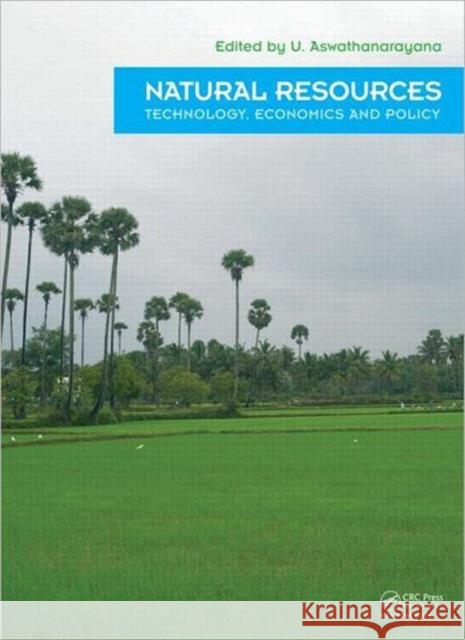Natural Resources - Technology, Economics & Policy » książka
topmenu
Natural Resources - Technology, Economics & Policy
ISBN-13: 9780415897914 / Angielski / Twarda / 2012 / 512 str.
Natural Resources - Technology, Economics & Policy
ISBN-13: 9780415897914 / Angielski / Twarda / 2012 / 512 str.
cena 783,64
(netto: 746,32 VAT: 5%)
Najniższa cena z 30 dni: 730,42
(netto: 746,32 VAT: 5%)
Najniższa cena z 30 dni: 730,42
Termin realizacji zamówienia:
ok. 22 dni roboczych.
ok. 22 dni roboczych.
Darmowa dostawa!
Natural resources management has two principal dimensions:
- Science-illuminated (earth, space, hydrological, pedological, information, etc. sciences) management of local resources (waters, soils, bioresources, minerals, rocks, sediments, etc.) in an ecologically-sustainable manner, and
- Value-addition through processing of natural products, through the application of technology is most marked in the case of some mineral products.











